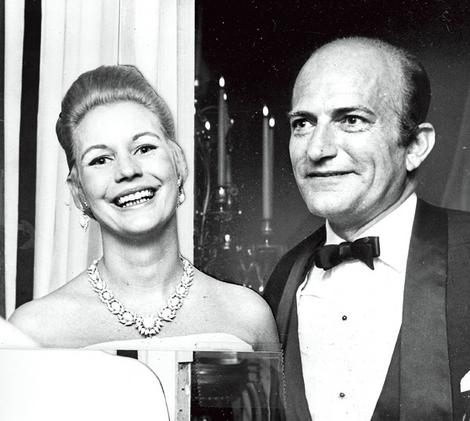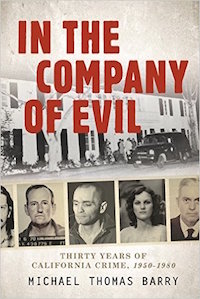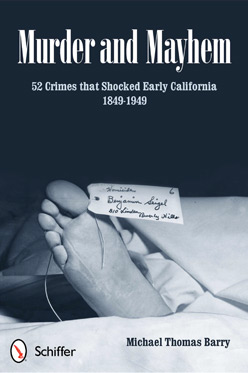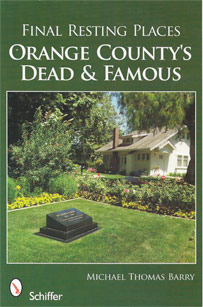12.15

This week (December 15-21) in crime history – Singer John Brown began serving prison term for assault and other crimes (December 15, 1988); Adolf Eichmann was sentenced to death for war crimes (December 15, 1961); Federal Judge Robert Vance was killed by mail bomb (December 16, 1989); Lynette “Squeaky” Fromme was sentenced to life in prison for attempted assassination of President Ford (December 17, 1975); John Kehoe, last of the Molly Maguires was executed (December 18, 1878); Three black men are beaten by group of white teens in Howard Beach (December 20, 1986); Socialite Sunny von Bulow was found unconscious at her Rhode Island mansion (December 21, 1980).
Highlighted crime story of the week –
On December 21, 1980, wealthy socialite Martha “Sunny” von Bulow was found unconscious on the marble bathroom floor of her Newport, Rhode Island, mansion; the result of what appeared to be an insulin overdose. Following a long investigation, Sunny’s husband, Claus von Bulow, was charged with two counts of attempted murder and was convicted in a sensational trial in 1982. But the conviction was later overturned, and Claus was acquitted at a second trial in 1985.
Sunny Crawford, the only daughter of a wealthy oil and gas businessman, married Danish social climber Claus von Bulow in 1966. The couple enjoyed a glamorous lifestyle together, but the marriage apparently hit troubled times, particularly after daughter Cosima was born, and the two began sleeping in separate bedrooms. Claus, who had no independent source of income, was reportedly angry that Sunny was sitting on a $75 million fortune.
After Sunny fell into the coma, her personal secretary came forward, alleging that Claus kept a black bag containing insulin in his closet. With this information, Sunny’s children pressed for a deeper investigation into Claus’ involvement and eventually convinced authorities that there was enough evidence to prosecute. In fact, her coma on December 21 was not Sunny’s first brush with death. Less than a year earlier, she had mysteriously lapsed into a coma but eventually recovered. At the time, friends and family noted that Claus seemed strangely unconcerned. He had tried to blame the coma on Sunny’s alleged alcoholism, despite the fact that there were no traces of alcohol found in her system, and medical officials had no explanation for the coma.
During the investigation, police discovered that Claus had been having an affair with a former soap opera actress. The actress testified that she had issued Claus an ultimatum date that closely corresponded to the date of Sunny’s first coma. Many believed the circumstances surrounding both of Sunny’s comas undeniably implicated Claus. The case was boosted into the public’s consciousness by the second trial, which was televised and the bestselling book Reversal of Fortune, which focused on the efforts of Claus’ defense team to get his conviction overturned.
After Claus was convicted in 1982, he hired famous defense attorney Alan Dershowitz to handle his appeal. Dershowitz, who uncovered evidence suggesting that Sunny’s coma may have been self-induced, also found enough discrepancies in the secretary’s testimony to have Claus’ conviction overturned. Soon after, Sunny’s children filed suit against Claus, who settled the suit by agreeing to renounce all claims to Sunny’s fortune. He then promptly relocated to London. Sunny remained in a persistent vegetative state until her death in 2008.
Check back every Monday for a new installment of “This Week in Crime History.”
Michael Thomas Barry is a columnist for www.crimemagazine.com and is the author of six nonfiction books that includes the award winning Murder & Mayhem 52 Crimes that Shocked Early California, 1849-1949.











